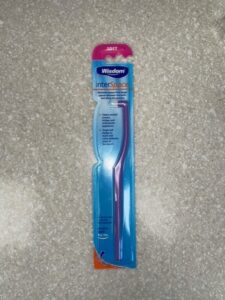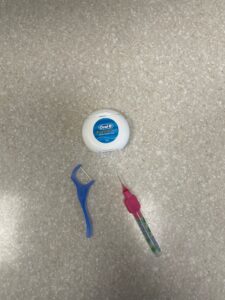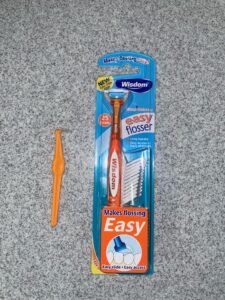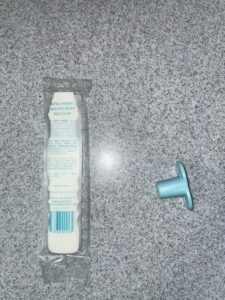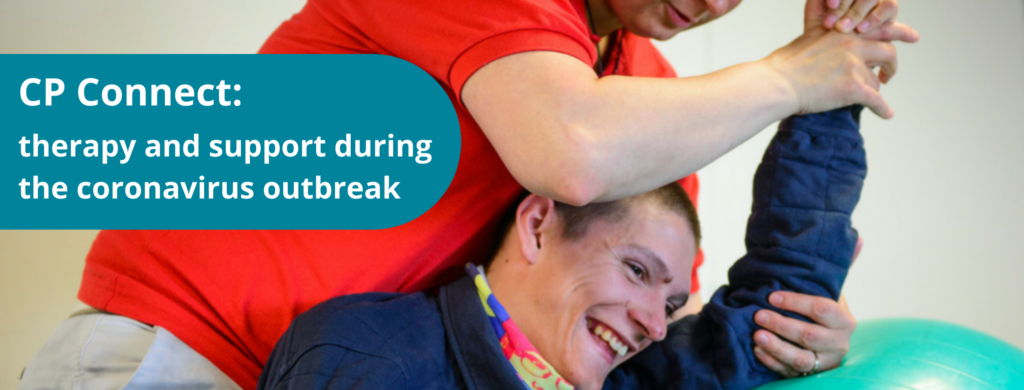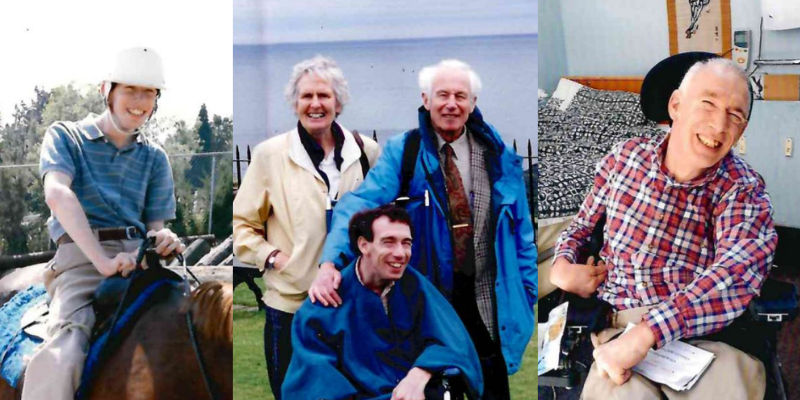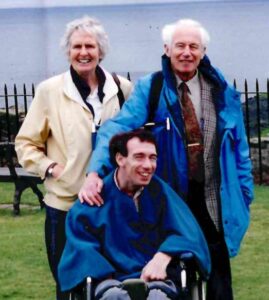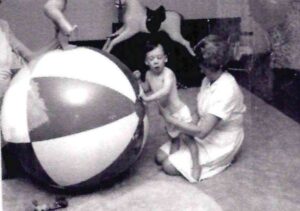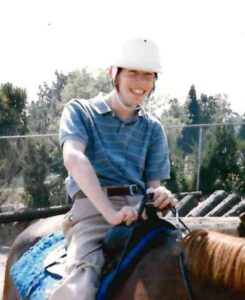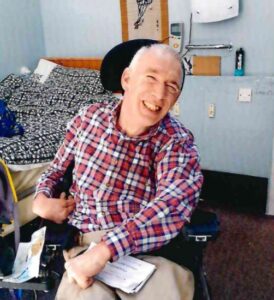Our world has been a very different place for almost a year now due to the pandemic. In my latest blog, I am going to talk about what has kept me busy and focused throughout what has been a challenging time.
Let’s turn the clock back to last February when life was normal, I was out at my voluntary jobs twice a week while enjoying a social day too. Unfortunately, I had to take some time out due to my support worker leaving and there was nobody to step in. This was only supposed to be for a short time but it ended up being 5 weeks then the first lockdown happened so basically, I have been staying at home for a full year.
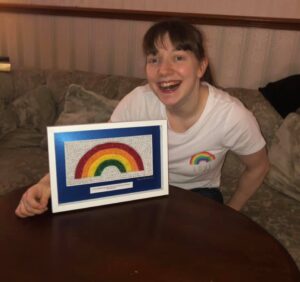 I have only been out of my house a handful of times since last March, mostly when the restrictions started to ease in the summer- getting to go for a couple of cycles was a dream but then the virus was starting to spread again and I didn’t want to take any chances so I stopped going out. It is crazy to think that I have spent the past year in the house as I am so busy- there still isn’t enough hours in the day for me!
I have only been out of my house a handful of times since last March, mostly when the restrictions started to ease in the summer- getting to go for a couple of cycles was a dream but then the virus was starting to spread again and I didn’t want to take any chances so I stopped going out. It is crazy to think that I have spent the past year in the house as I am so busy- there still isn’t enough hours in the day for me!
Art has been the main thing that has kept me focused during lockdown- I have recently completed my latest collage of ‘The Wee Rainbow’ which is to show my appreciation for the NHS. I love chatting to people so a couple of months ago, I started an activity called ‘Blether with Bernie’ on my social media as I wanted to check in with people…it is so important that we connect during these times. On Christmas day, I decided to do a mini version to support people who spent the day alone.
The feeling of missing people is really starting to kick in now, zoom calls have been brilliant and I really don’t know how we would have coped without technology but it isn’t quite the same as seeing your family and friends in person. I have days where I get emotional for no reason, it just happens…remember it is okay to have off days. I try to stay positive as there are so many people facing heartbreak and my thoughts are with them all.
Online entertainment is my way of taking a break from everything – sometimes we just need a distraction. I really enjoy watching my friend Ross interview celebrities live on his website: The Ross Owen Show – such great guests…always get a laugh and I’m still loving tuning into WestWay Radio on Saturdays at 8pm as my friend Tom Urie presents his show ‘Club Tropicana’ with the best banter and songs.
This journey is still rocky and we are still not sure of when the pandemic will end but with the vaccine available now- there is a bit of hope in sight so hopefully the brighter days will be coming soon, in more ways than one. Let me finish off by telling you what I’m looking forward to doing when the restrictions are lifted- seeing my family & friends, going to live shows and presenting my art collages that I have created during lockdown. It is going to be a joy but for now, we just need to be patient and we will get through this one day.
Stay Safe Everyone!
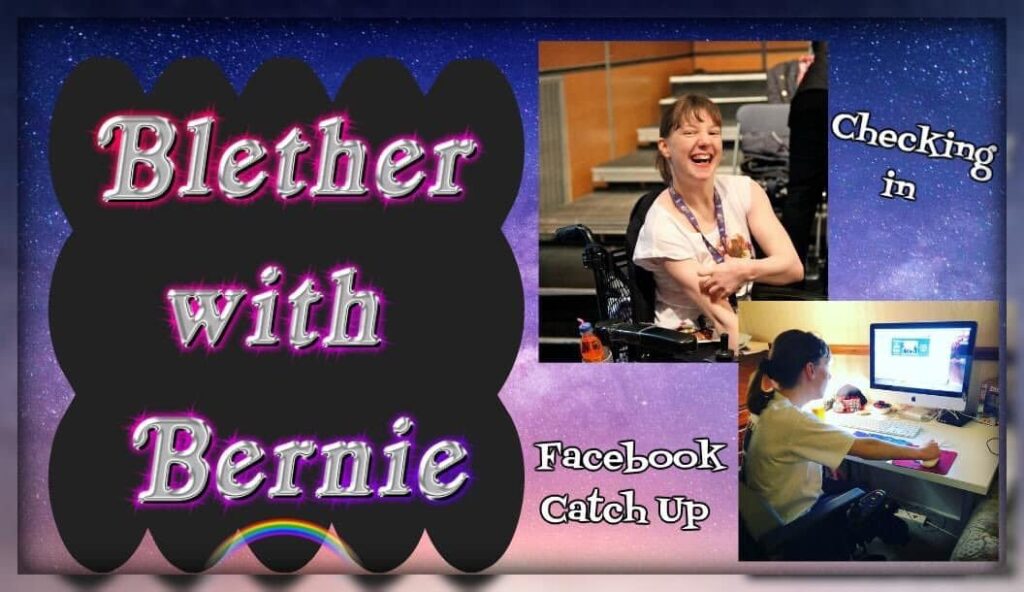


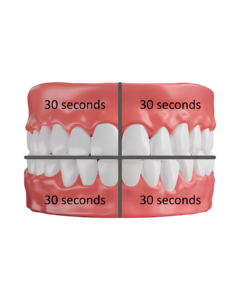 For most people, brushing twice a day for two minutes at a time is recommended. For some people, brushing for 2 minutes can be overwhelming or difficult. To help, you could instead break the recommended two minutes into smaller chunks of time. For example some people find it easier to brush, or have their teeth brushed for them, for 30 seconds four separate times a day instead, cleaning a different part of the mouth each time.
For most people, brushing twice a day for two minutes at a time is recommended. For some people, brushing for 2 minutes can be overwhelming or difficult. To help, you could instead break the recommended two minutes into smaller chunks of time. For example some people find it easier to brush, or have their teeth brushed for them, for 30 seconds four separate times a day instead, cleaning a different part of the mouth each time.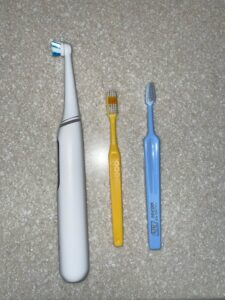
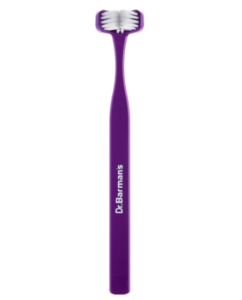 RHS Photo Credit:
RHS Photo Credit: 